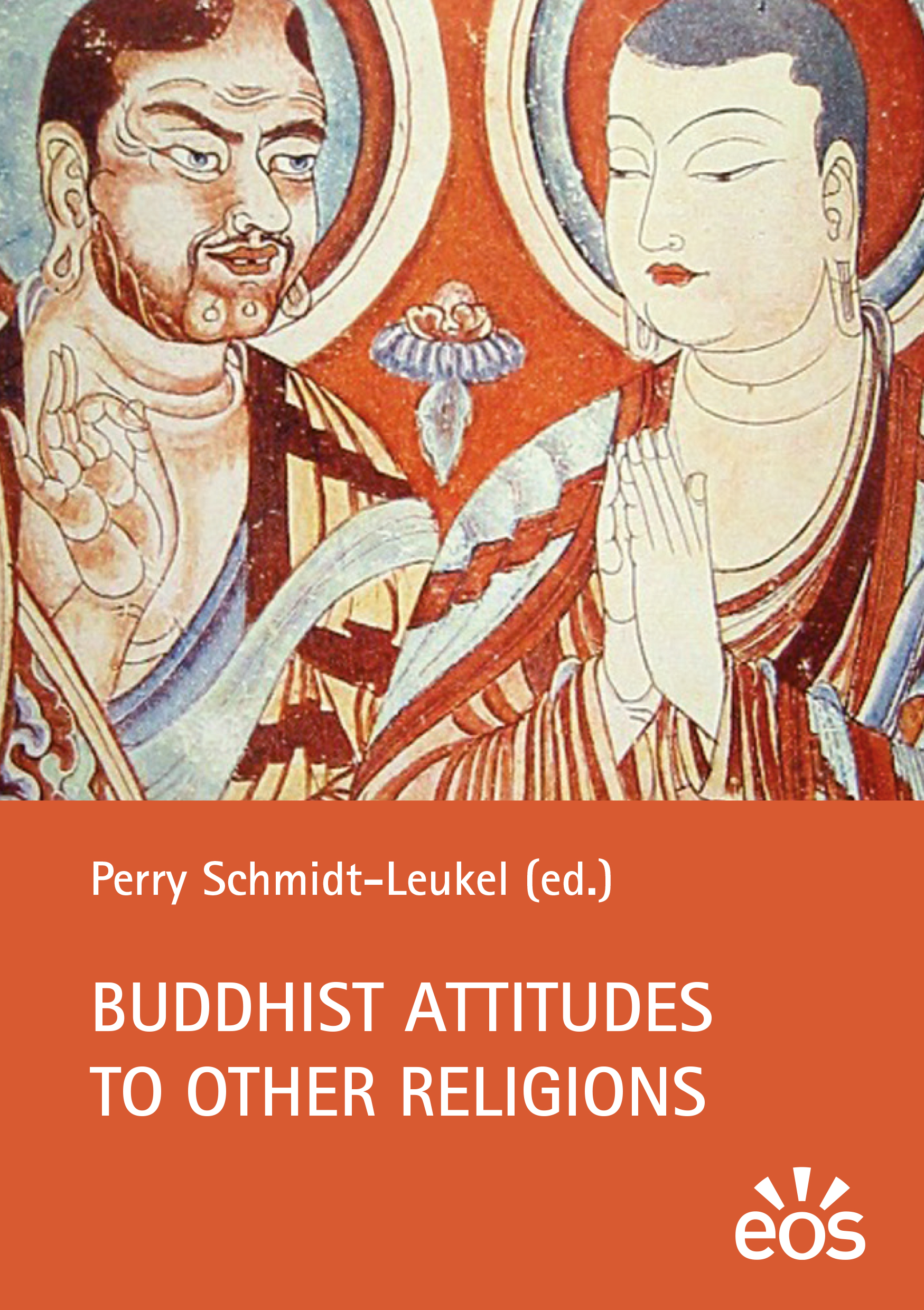 In a world in which the religious ‚other‘ has been both globalized and localized, we are tending towards a situation in which all religious traditions are aware of all others and to this extent are in some kind of communication with one another. Even if the relationship is one of proselytism, rejection, conflict or enmity, it is still a relationship, and this involves a reaction to or interaction with the other. Many adherents of one faith have now practical dealings with people of other religions, thus inevitably facing questions of meaning and belonging. Buddhists are no exception to this, even if Buddhism manifests both, a distinctive selfsufficiency and an ability to tolerate difference. Does the Buddhist tradition provide any resources for going beyond the traditional exclusivistic and inclusivistic options? Can there be something like a Buddhist pluralism, that is, the recognition of another religious path as being different but nevertheless equally liberative, equally salvific? Whether Buddhist pluralism is a genuine option is something that the contemporary inner-Buddhist debate has to figure out. But it is far from evident that Buddhism is a sort of naturally pluralistic religion. As far as its traditional discourse is concerned it seems to have been, by and large, as exclusivistic or inclusivistic in its soteriological claims as any other of the major religious traditions.
In a world in which the religious ‚other‘ has been both globalized and localized, we are tending towards a situation in which all religious traditions are aware of all others and to this extent are in some kind of communication with one another. Even if the relationship is one of proselytism, rejection, conflict or enmity, it is still a relationship, and this involves a reaction to or interaction with the other. Many adherents of one faith have now practical dealings with people of other religions, thus inevitably facing questions of meaning and belonging. Buddhists are no exception to this, even if Buddhism manifests both, a distinctive selfsufficiency and an ability to tolerate difference. Does the Buddhist tradition provide any resources for going beyond the traditional exclusivistic and inclusivistic options? Can there be something like a Buddhist pluralism, that is, the recognition of another religious path as being different but nevertheless equally liberative, equally salvific? Whether Buddhist pluralism is a genuine option is something that the contemporary inner-Buddhist debate has to figure out. But it is far from evident that Buddhism is a sort of naturally pluralistic religion. As far as its traditional discourse is concerned it seems to have been, by and large, as exclusivistic or inclusivistic in its soteriological claims as any other of the major religious traditions.
With contributions by Alexander Berzin, Joachim Gentz, Andreas Grünschloß, Peter Harvey, Nathan Katz, Kristin Beise Kiblinger, Paul Knitter, John Makransky, John D’Arcy May, Perry Schmidt-Leukel, Kenneth K. Tanaka
Available here as paperback

